To provide the best experiences, we use technologies like cookies to store and/or access device information. Consenting to these technologies will allow us to process data such as browsing behaviour or unique IDs on this site. Not consenting or withdrawing consent, may adversely affect certain features and functions.
The technical storage or access is strictly necessary for the legitimate purpose of enabling the use of a specific service explicitly requested by the subscriber or user, or for the sole purpose of carrying out the transmission of a communication over an electronic communications network.
The technical storage or access is necessary for the legitimate purpose of storing preferences that are not requested by the subscriber or user.
The technical storage or access that is used exclusively for statistical purposes.
The technical storage or access that is used exclusively for anonymous statistical purposes. Without a subpoena, voluntary compliance on the part of your Internet Service Provider, or additional records from a third party, information stored or retrieved for this purpose alone cannot usually be used to identify you.
The technical storage or access is required to create user profiles to send advertising, or to track the user on a website or across several websites for similar marketing purposes.
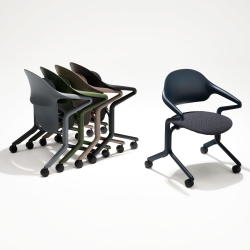 We may not always know exactly what the future of work holds, but we can design spaces that are ready for it. The ability to respond to change is one of the most important facets of an effective design in the era of widespread hybrid working, alongside the ability to tailor a solution that meets the diverse needs of individuals for the best possible working environment at any one time. (more…)
We may not always know exactly what the future of work holds, but we can design spaces that are ready for it. The ability to respond to change is one of the most important facets of an effective design in the era of widespread hybrid working, alongside the ability to tailor a solution that meets the diverse needs of individuals for the best possible working environment at any one time. (more…)






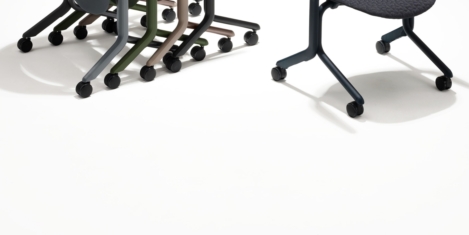
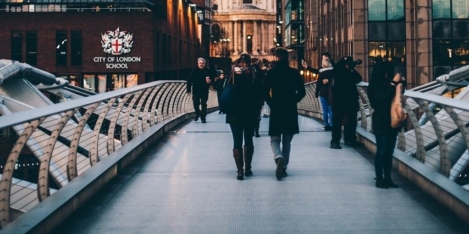







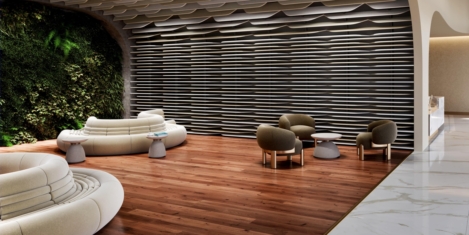

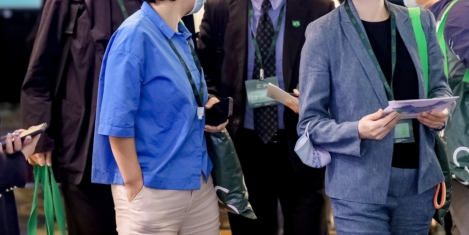


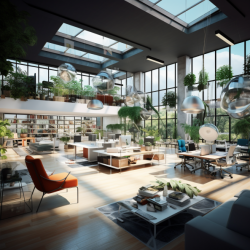
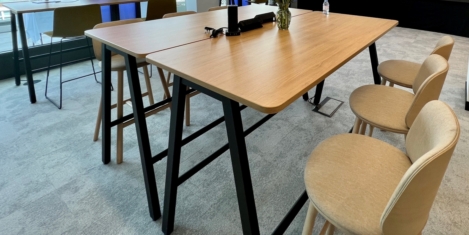
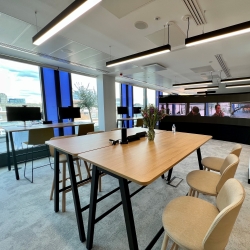 Zoom has opened a new London ‘Engagement Hub’ which the firm claims will spearhead the shift from traditional office spaces to ‘experiential working hubs’. With the demand for hybrid working and remote capabilities giving rise to unconventional ways of operating, Zoom says it has designed its new office to support the changing nature of the employee experience, marking a new era of modern work.
Zoom has opened a new London ‘Engagement Hub’ which the firm claims will spearhead the shift from traditional office spaces to ‘experiential working hubs’. With the demand for hybrid working and remote capabilities giving rise to unconventional ways of operating, Zoom says it has designed its new office to support the changing nature of the employee experience, marking a new era of modern work. 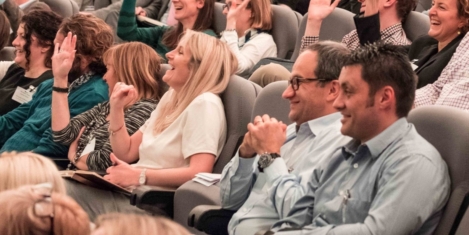
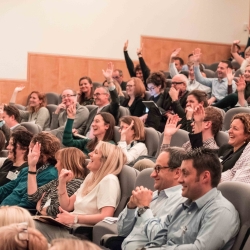











August 22, 2023
Advancing accessibility and reaping the rewards of disability inclusion
by Katy Talikowska • Comment, Facilities management, Workplace design